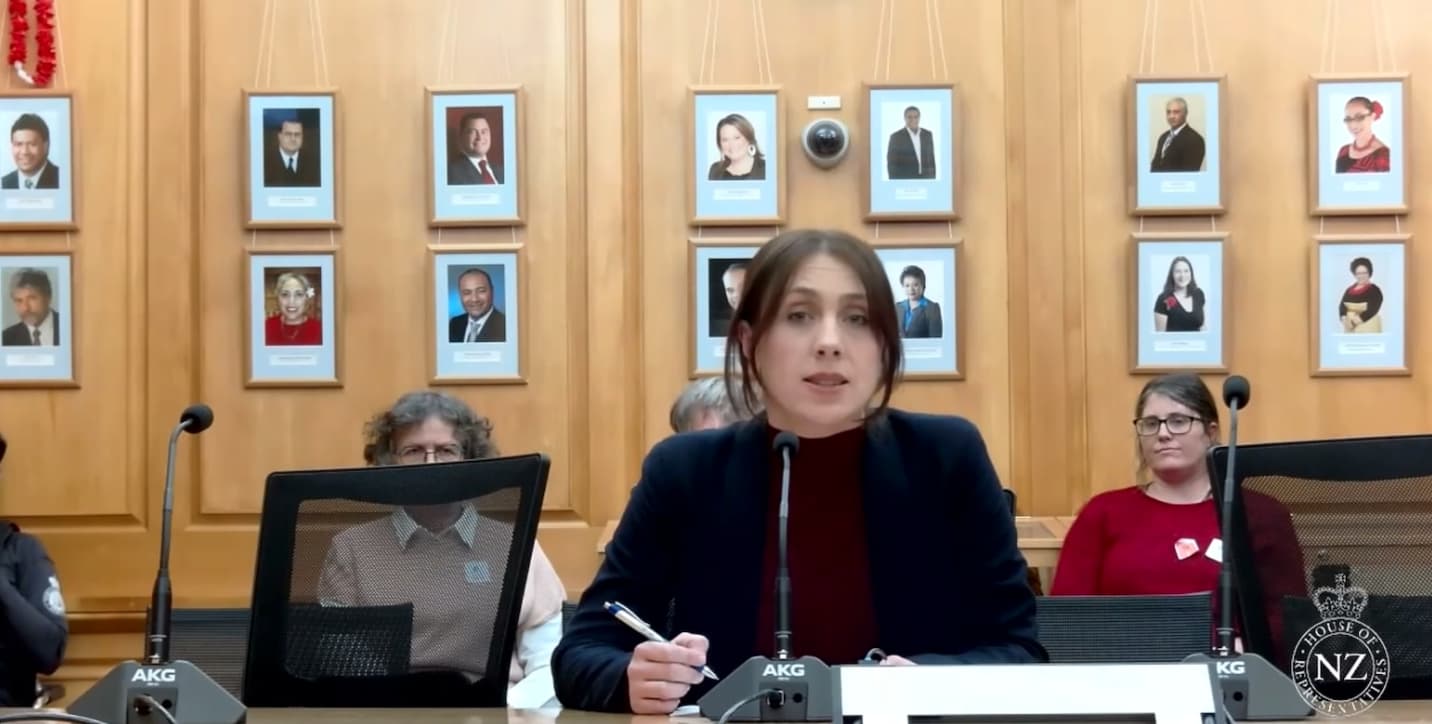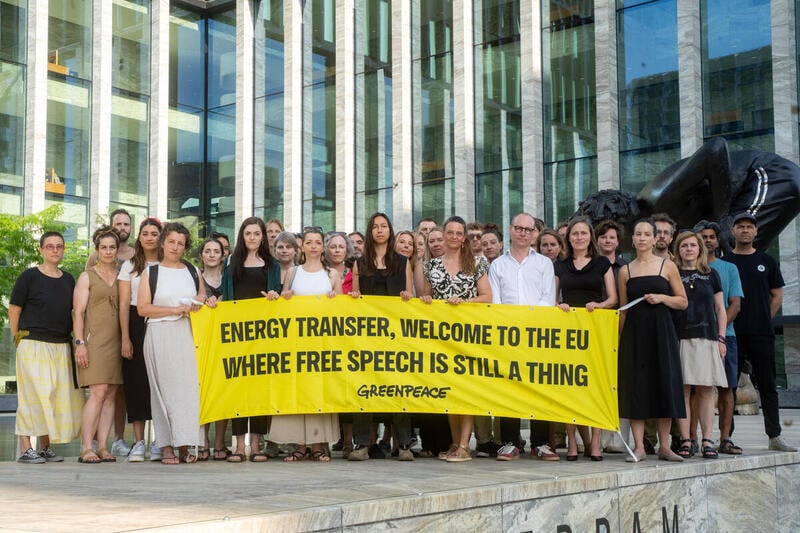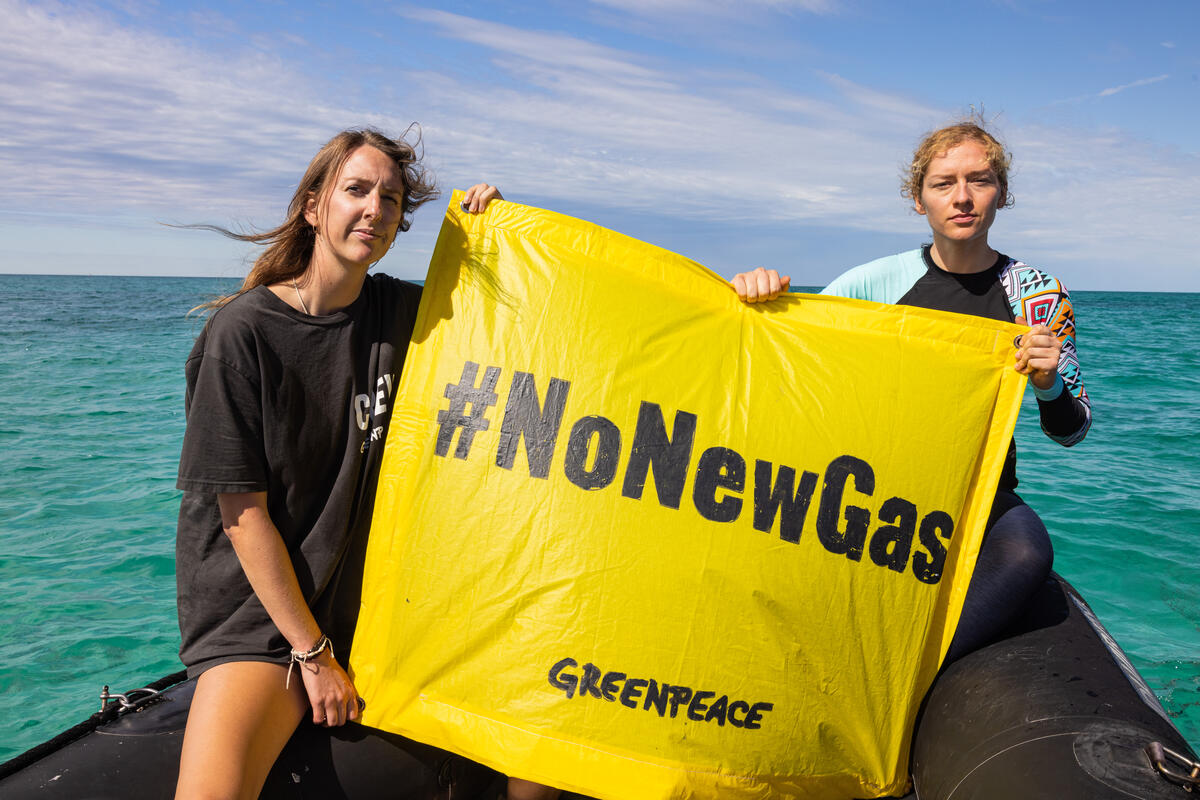The closing address to the Environmental Defence Society Conference on 24 March 2023
The most recent Intergovernmental Panel on Climate Change report had this remarkable sentence:
“There is a rapidly closing window of opportunity to secure a liveable and sustainable future for all (very high confidence).”
Just let the significance of that sentence sit with you for a moment.
The habitability of the earth itself is on the table.
Thousands of scientists and government officials signed off on this remarkable sentence.
And of course, it’s not just about the climate crisis it’s also about the biodiversity crisis.
There are many possible pathways out of this corner into which humanity has painted itself, but they all share one characteristic and it is this – if we are to continue having a habitable planet, ecology must be at the very centre of public policy for the rest of the century.
Ecology must become the central ideology of the twenty-first century if humanity is to have a chance of protecting the habitability of the Earth.
An ecological sensibility must become common sense.
Living within ecological limits must become normal. Indeed finding happiness and freedom while living within the natural limits of a finite planet, must become common sense.
The idea of balancing a bit of environmental destruction for a bit of economic growth, the idea at the very centre of current government policy, must become a laughable anachronism.
The great ideologies of the nineteenth and twentieth centuries- liberalism, socialism, fascism – ideologies which have carved their beliefs into our brain stems, will have to be eclipsed by ecology.
These old ideologies had many differences but were united behind the idea of never-ending expansion of production. This productivism at the core of all of them is completely at odds with the habitability of planet earth.
It took centuries for these old ideologies to create people in their image, to make expanding production the defining feature of public policy, centuries for these ideologies to wipe out their pre-capitalist competitors.
We, on the other hand, have only years, or decades at most, to establish ecology as common sense. And we can’t offer more and more stuff.
Ecology needs to redefine globalisation.
The project of neoliberal globalisation will need to be replaced by a project of ecological globalisation. Neoliberal globalisation, the project of freeing up multinational corporations from state regulation, a project which can be roughly dated from the establishment of the WTO in 1995 to the collapse of unregulated financial markets in 2008, this project of neoliberal globalisation will need to be replaced by ecological globalisation.
People working together around the world not to maximise trade but to protect the habitability of the planet.
Ecology needs to redraw the map of social conflict.
Ecological progress will inevitably involve conflicts, there is no happy consensus if we are to achieve habitability. But these conflicts are not along the same lines as the old ideologies.
Some of these conflicts are lethal, like the escalating murders of ecological activists in the global south.
Some of these conflicts threaten the liberal values of the global north, as the surveillance and imprisonment of ecological activists is currently demonstrating.
But most of all these conflicts will occur along the lines of greenwashing. Almost all corporations and governments now cloak themselves in a green cloak, and our job is to sort the genuine from the fake.
If humanity is to have a future the political landscape will be remade by ecology. But who is to be the agent of this transformation? Change doesn’t just happen – liberalism, socialism and fascism don’t just happen – there are agents who make history.
The ecological philosopher Bruno Latour talks about the emergence of an ecological class. Now class is an old word so needs some explanation.
The world needs a group of people united behind defending the habitability of planet earth.
This world needs a global group who self identify and organise around the principle of ecology.
We need an ecosystem of change agents committed to habitability.
But classes themselves don’t just magically appear. In the nineteenth and twentieth century class politics emerged to reshape history but they had organisations, institutions, a rich cultural tapestry, political dimensions, networks, social clubs, conferences, theorists etc that allowed those classes to manifest themselves.
If ecology really is to sit at the centre of twenty first century society, as it must if we are to protect the habitability of planet earth, then it will need something like an ecological class to make it so. Otherwise the old ideologies will continue to dominate and their recipe of more and more production is a recipe for the end of habitability.
Our job is to build the rich networks that enable an ecological identity to become the central identity of this century.
Our job is to build the organisations of ecology at a local, regional, national, and global level and get them more connected.
Our job is to support the cultural norms that underpin an ecological mindset.
Our job is to build the opus of research to understand what has happened and what we can do about it.
Our job is to engage with the political process while never getting captured by the old ideologies and excusing their behaviour.
It feels like the ecological movement has already come so far and done so much. There are people here who have worked on ecology for over half a century, indeed my organisation, Greenpeace, is now half a century old. But compared with the old ideologies, ecology is still young.
If the human story is to have a happy ending, the ecological class needs to step up to take its leading role.
The ideas in this speech are discussed at length by Bruno Latour and Nikolaj Schultz in their book “On the Emergence of an Ecological Class”



